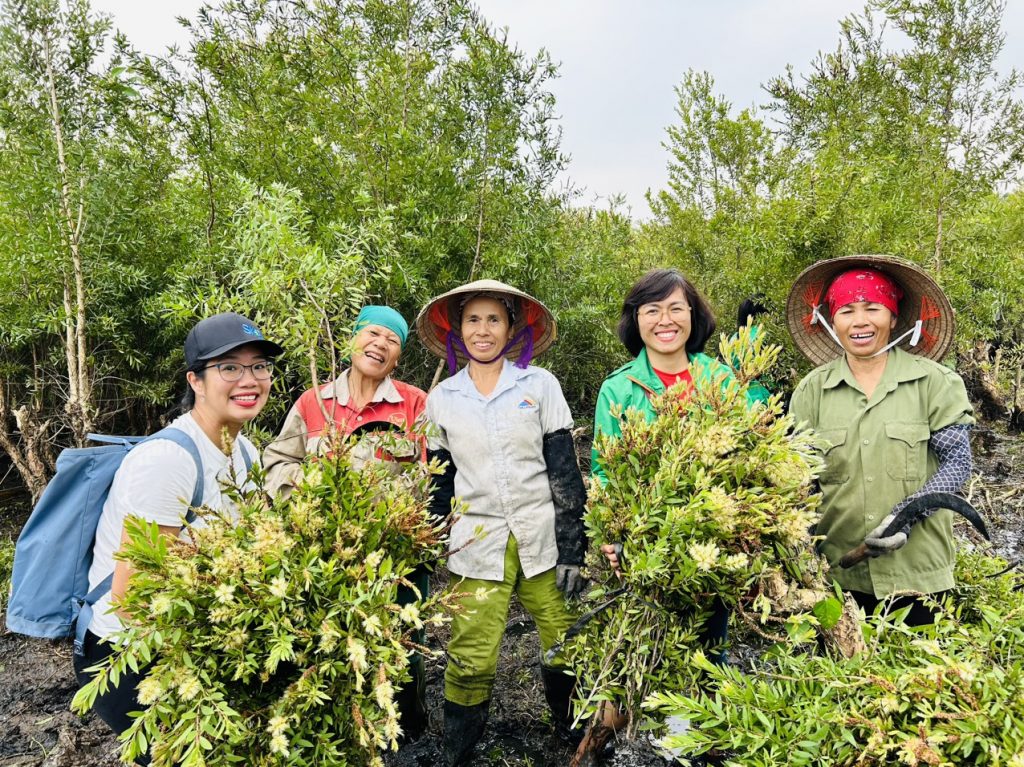BIMELA's Fund
SK2 Fund Impact Investment Profile Q4 2023
Vien Minh Cajeput Oil is a woman-owned social and environmental enterprise in Hanoi, Vietnam, producing traditional herbal healing products from the leaves of Vietnamese Melaleuca trees, also known as Melaleuca cajuputi.
$25,000 working capital loan
3-year term, 2.5% interest paid to SK2, and 2.5% interest paid via business donation of 1,000 plants to a local farmer’s cooperative.
Vien Minh Cajeput Oil is owned and led by Ho Thi Phuong Anh. “Paho” first got the idea for the business when using essential oils and massages to relieve discomfort during pregnancy. This care method worked so well that she resolved to share her appreciation for Melaleuca trees with other expecting mothers and people who wanted a more natural alternative to minor ailments like colds or headaches. Paho then founded Vien Minh to share the gift of Vietnamese traditional medicine with the world!
To date, Vien Minh has trained 84 poor families in Ha Tinh and Ninh Binh provinces in sustainable cultivation, preservation, and harvest of cajeput leaves from a 100+ hectare, USDA-certified organic raw material area. Working with Paho’s business significantly increased incomes for these families while helping to preserve their local environment. Vien Minh’s employees are all female, providing increased incomes for over 100 individual mothers selling their products.
During SK2’s recent field visit near Hanoi, one mother who was originally a customer and now a Vien Minh sales agent told us that commissions from sales of cajeput oil products are increasing her income by $80-$120 per month. Two farmers harvesting cajeput branches on the wet muddy field said, “We made an income of $2,000 last year on our land instead of only $1,250 the year before.”
Vien Minh plans to increase the sustainable harvest area from 100 to 150 hectares and the number of poor families trained in cajeput leaf cultivation from 84 to more than 100. They anticipate doubling their number of employees while continuing to increase wages and benefits. Projected increases in the recycling of cajeput leaf waste into organic fertilizer will grow from 78 tons to 100 tons yearly.



